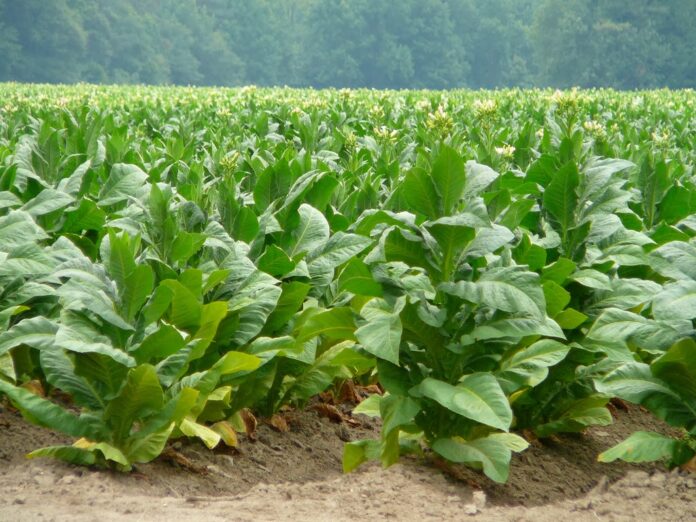A two-month delay in announcing the annual tobacco procurement target has left growers in financial distress, as national and multinational companies further slashed their buying targets for the upcoming year, reported Dawn. Industry sources revealed that the total procurement demand for 2025 has been reduced by 2.5 million kilograms, bringing it down to 74.81 million kilograms, compared to 77.32 million kilograms in the current year.
This 3.24% reduction continues a downward trend observed over recent years, with the 2023 demand standing at 85.5 million kilograms. Sources highlighted that the total demand has dropped by 10.69 million kilograms, or 10.5%, over the last two years, raising concerns about the future of tobacco cultivation in the country.
Under Martial Law Order (MLO) 487, companies are required to announce their tobacco quotas for the upcoming year by October 31, allowing farmers to decide between cultivating tobacco or wheat. However, the delayed announcement has left growers with no choice but to cultivate tobacco, as the wheat sowing period has already passed.
Farmers and representatives from the Kashthkar Coordination Council (KCC) have criticized the Pakistan Tobacco Board (PTB), the sector’s regulator, for failing to protect growers from manipulative practices by major purchasing companies. Liaqat Yousafzai, Central General Secretary of KCC, accused the PTB of aligning with buyer companies, allowing them to delay announcements and avoid accountability.
Yousafzai warned farmers without agreements to avoid cultivating tobacco, predicting that surplus production would create an unsellable glut. “Growers are being pushed into financial losses due to exploitative tactics,” he lamented.
The demand breakdown for 2025 indicates that flue-cured Virginia (FCV) tobacco remains the largest category, accounting for 70.5 million kilograms of the total 74.81 million kilograms. Leading companies such as Pakistan Tobacco Company, Philip Morris Ltd, and Khyber Tobacco Company are expected to procure 52.9 million kilograms collectively. Meanwhile, 81 smaller companies will purchase 17.6 million kilograms.
Farmers have called for stricter enforcement of regulations to prevent future delays and protect their livelihoods, emphasizing the need for greater accountability from both the PTB and the purchasing companies.




